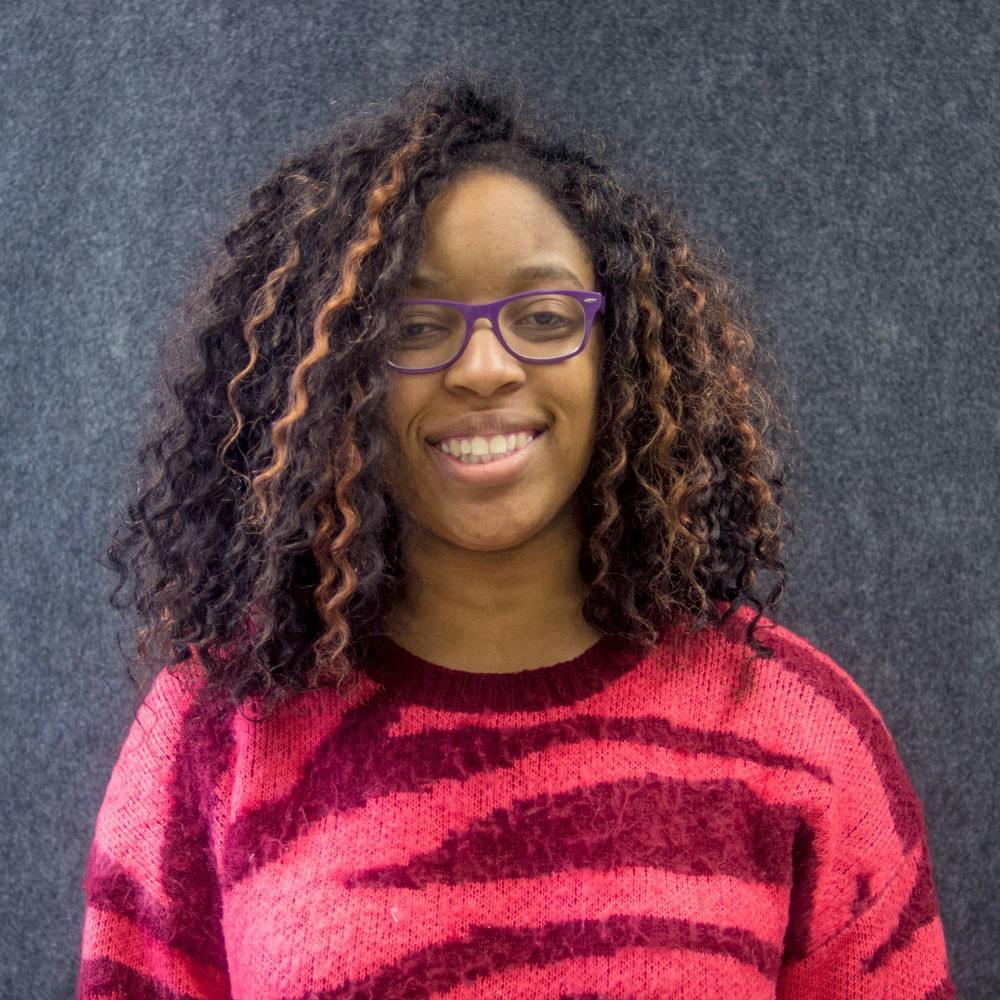As the product of a multicultural home, I am proud of my heritage.
Whenever I told my peers that my mom is Dominican and that my dad is Nigerian, I received a mix of responses.
Some people were excited to hear about it and curious about my unique background. Other people asked if I spoke my parents’ native language, or whether I had been to their native country.
The most common of these responses, however, is confusion. Whenever I told people that my father is from Nigeria, they understood that right away. When it came time to describe my mom's origins, things became tricky.
When I say my mom is from Dominica, many assume this means she’s from the Dominican Republic. My mom is actually from a much smaller island called the Commonwealth of Dominica, or Dominica for short. After much explanation, my peers understand what I am referring to.
Because non-American parents raised me, some of my mannerisms and values differ from those of my peers. My parents instilled a strong respect for elders into me, one that is unlike that of my peers.
With my family or my parents’ close friends, I was to address them by saying, "Yes” or “No, Auntie," "Yes” or “No, Uncle." The same concept applied to my parents – if my mom asks me to finish my homework, I respond by saying, "Yes, Mom."
Respect for elders is the very same on both sides of my family along with many other things, but the one main difference is the language. My mom speaks a form of broken French called Patois and my dad speaks a dialect called Yoruba.
Even though I have not fully picked up on either language, I can still speak a few words here and there. The main language is not the problem, however; it is the slang terms in the language.
I have experienced the use of both Dominican and Nigerian slang terms and I can get some of them mixed up. For example, in Yoruba, the word for small child can either be Ikoko or Rondo. But in Patois, the word for small child is Timoun.
For half of my life I have been called Timoun and for the other half I have been called Ikoko. Sometimes, when I think or even speak I do so in Dominican slang, but other times I do it in Nigerian slang.
Oftentimes, this can get confusing.
I will forget which language belongs to which country. I will speak Patois slang in the midst of my Nigerian cousins or Yoruba slang in the midst of my Dominican cousins, which is confusing for them, too.
In spite of some language confusion, the best thing about being a child from a multicultural home is the mix of the various customs.
In Nigeria, the celebrations are loud and colorful. There is usually a DJ or a live band. Women and men wear vivid traditional clothes with colors that depend on the person's relationship with the host/hostess of the party. For example, if you are from the host’s family you might wear red. If you are one of the host's friends you might wear something yellow.
Dominican parties are not as loud as Nigerian parties. Dominican parties are generally smaller and usually have a potluck type setting. However, there are some instances, such as during Carnival time, when different villages get together and have big celebrations.
Being a part of a multicultural environment has really opened my eyes to the world around me. I am grateful to be able to say that I am half Nigerian and half Dominican.
You might not think much of where you come from, but that is what makes you uniquely who you are. Be proud of it.
Catherine Campbell is an arts staff writer and can be reached at arts@ubspectrum.com





